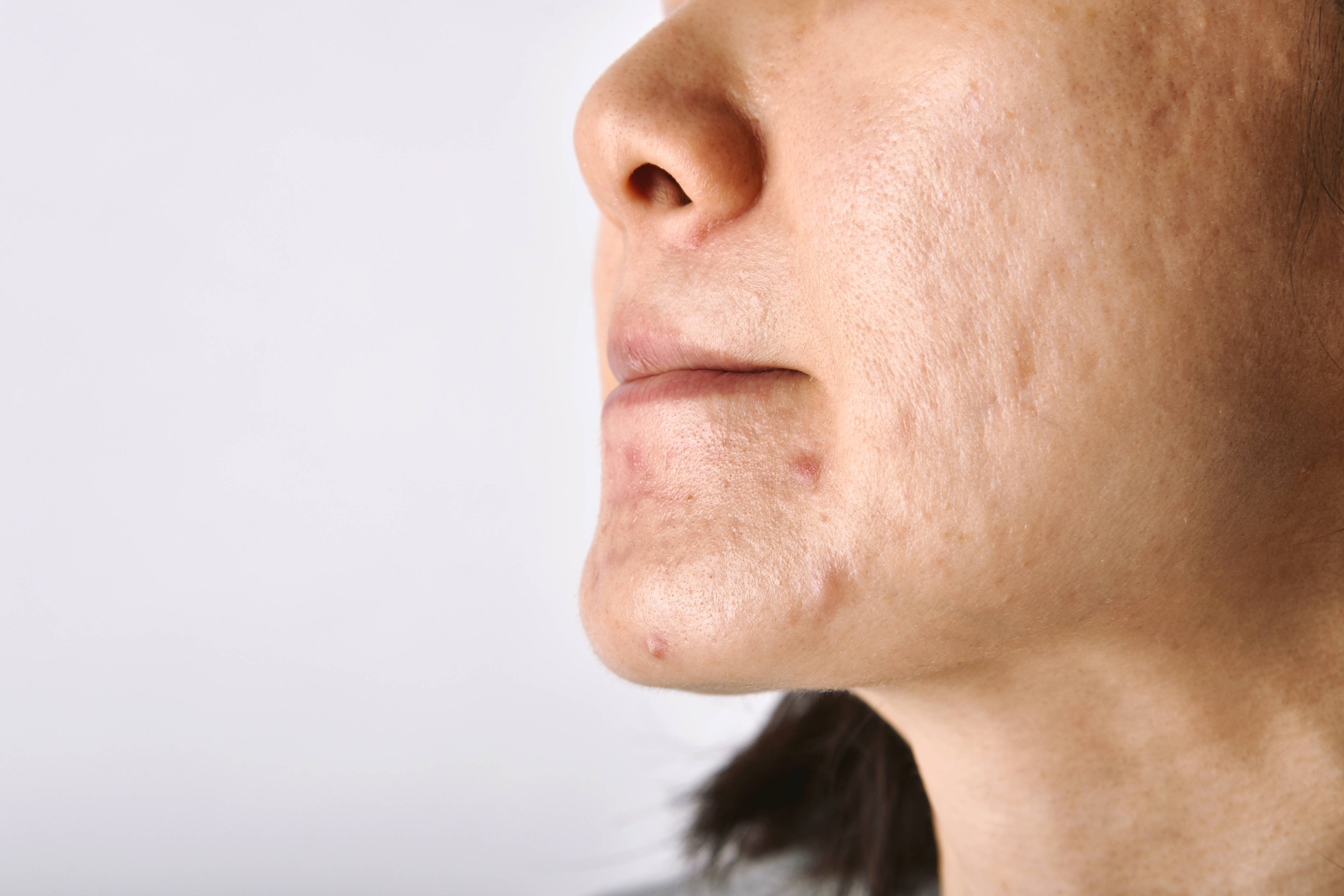Skin, Stress, and the Hormone Trap: Why Midlife Acne Isn’t Just Cosmetic
Midlife acne can be a perplexing and frustrating experience, often catching individuals off guard during a time when they expect their skin to be at its best. Unlike teenage acne, which is largely anticipated, midlife acne presents unique challenges that are not only physical but also emotional and psychological. This article delves into the hidden intricacies of dealing with acne during this life stage, offering insights into the interplay between skin health, stress, and hormonal changes. We aim to provide a comprehensive guide for those navigating this unexpected journey, helping them understand the underlying causes and offering practical solutions for managing this condition effectively.
1. The Biological Underpinnings of Midlife Acne

Midlife acne is often driven by a complex interplay of biological factors. During this stage of life, hormonal fluctuations, particularly in women, can lead to increased sebum production, resulting in clogged pores and breakouts. The decline in estrogen levels during perimenopause and menopause can exacerbate this issue, as estrogen typically helps to counterbalance the effects of androgens, which stimulate oil production. Understanding these biological changes is crucial for addressing midlife acne effectively, as it allows individuals to tailor their skincare routines and seek medical treatments that target the root causes rather than just the symptoms.
2. Stress: An Unseen Aggravator

Stress is a significant, yet often overlooked, contributor to midlife acne. The body's response to stress involves the release of cortisol, a hormone that can increase oil production and inflammation, both of which are key factors in acne development. Furthermore, stress can disrupt sleep patterns and weaken the immune system, making the skin more susceptible to infections and slower to heal. Recognizing the role of stress in acne can empower individuals to adopt stress-management techniques such as mindfulness, meditation, and regular exercise, which not only benefit the skin but also enhance overall well-being.
